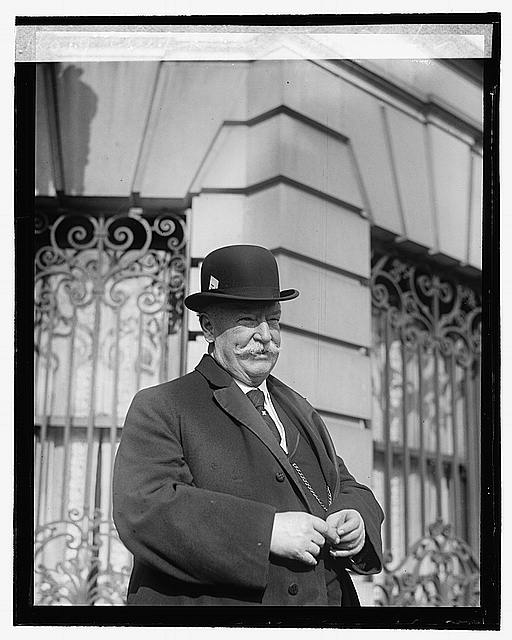CISG Opt-Outs and Ascertaining Party Intent: A Back-to-Basics Perspective
Two of this year’s contributions to Transnational Litigation Blog have addressed the intellectually stimulating but also practically pressing issue of identifying when, and how, commercial parties can exclude the United Nations Convention on Contracts for the International Sale of Goods from their international sales agreements. In Professor John Coyle’s CISG Opt-Outs and Party Intent, Professor…
Continue ReadingHAPPY THANKSGIVING
We hope that our readers near and far have a great Thanksgiving — or a wonderful weekend, if you do not celebrate the holiday. We are thankful for our audience and we invite your comments and suggestions about TLB. Contact us at: Ingrid.wuerth@vanderbilt.edu.
Continue ReadingThe PDVSA Bonds, Autocracy, and the Venezuelan Constitution
The Second Circuit’s recent decision in Petróleos de Venezuela S.A. v. MUFG Union Bank, N.A. certified a number of choice-of-law questions to the New York Court of Appeals. The decision to certify, which had the effect of postponing a definitive resolution of the dispute, was previously discussed at TLB here and here. In this post, I focus…
Continue ReadingZombie Choice-of-Law Clauses
When a contract is terminated, the provisions contained in that agreement generally cease to have any legal effect. Many U.S. courts have held, however, that contract provisions relating to dispute resolution continue to bind the parties even after the underlying contract ceases to be. In this post, I refer to such provisions as “zombie” clauses…
Continue ReadingState Department Recognizes Head-of-State Immunity for MBS
Earlier today, the U.S. State Department recognized that Crown Prince Muhammad bin Salman (MBS) is entitled to head-of-state immunity as Prime Minister of Saudi Arabia in a case brought by Democracy in the Arab World Now (DAWN) and the widow of journalist Jamal Khashoggi, who was brutally murdered by Saudi security agents at the Saudi…
Continue ReadingThrowback Thursday: United States v. Bowman
One hundred years ago, on November 13, 1922, Chief Justice William Howard Taft delivered the Supreme Court’s decision in United States v. Bowman, holding that a federal statute that made it a criminal offense to conspire to defraud a corporation owned by U.S. government applied extraterritorially to conduct on the high seas and in Brazil….
Continue ReadingRecapping Media Coverage of Mallory
Last Tuesday, the Supreme Court heard oral arguments in Mallory v. Norfolk Southern Railway Co., a personal jurisdiction case on review from the Pennsylvania Supreme Court. Robert Mallory, a Virginia resident employed in Virginia and Ohio, sued Norfolk Southern, then based and incorporated in Virginia, in Pennsylvania state court. The case asks the Supreme Court…
Continue ReadingLower Court Grapples with Supreme Court Ruling on Section 1782 and Investor-State Arbitration
Back in June 2022, the U.S. Supreme Court resolved a circuit split on the applicability of Section 1782’s discovery tools for private commercial arbitration, and simultaneously addressed a related issue of Section 1782’s use in investor-state arbitration. The investor-state issue came to the Court in the case of AlixPartners LLP v. The Fund for Protection…
Continue ReadingCert Petition Raises Personal Jurisdiction Question in Context of the TVPRA
The Trafficking Victims Protection Reauthorization Act (TVPRA) explicitly authorizes extraterritorial application to six predicate offenses (18 U.S.C. § 1596) and creates a private right of action (18 U.S.C. § 1595). Assuming without deciding that § 1595’s civil remedy extends extraterritorially to the same extent as those six predicate offenses, the Ninth Circuit in Ratha v….
Continue ReadingConsent and Personal Jurisdiction: The Mallory Oral Argument
On Tuesday November 8, 2022, the U.S. Supreme Court heard oral argument in Mallory v. Norfolk Southern Railway, a case that Reuters called “a sleeper case . . . [that] could be a nightmare for corporations.” The case involves a railway worker, Robert Mallory, a resident of Virginia, who had worked for Norfolk Southern for…
Continue Reading






